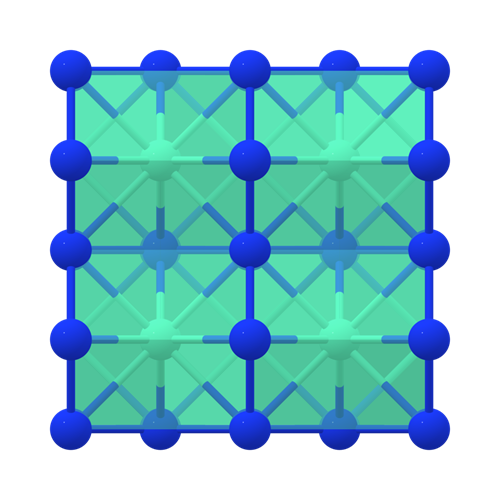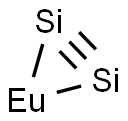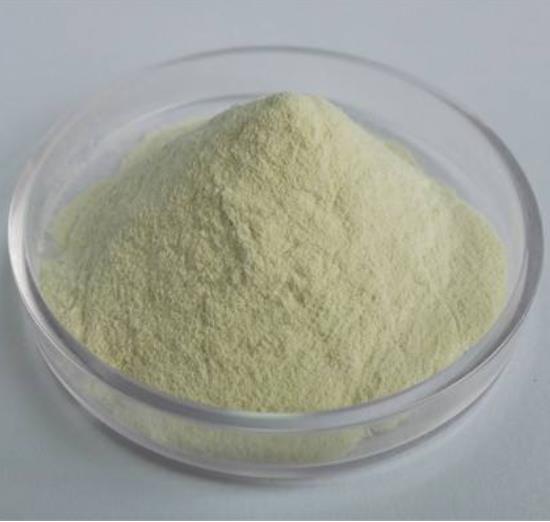Properties and uses of Europium silicide
Europium silicide (EuSi2) is a compound composed of silicon and europium, as a new multifunctional material for contacts with Si in nanoelectronics.

Crystal structure
Europium silicide forms a tetragonal crystal, in which each europium atom is surrounded by 12 silicon atoms. The system exhibits what is known as tetragonal symmetry: the distance between atoms in one direction is different than in the two remaining directions.
Properties
Apart from the superb structural quality of the EuSi2/Si interface and europium silicide film, europium silicide exhibits a combination of properties that respond to demands of modern electronics: At low temperatures, EuSi2 becomes antiferromagnetic which may assist applications employing spin-related phenomena. Rather low resistivity and very low Si consumption are among other advantages of the material.
Most importantly, the EuSi2/n-Si junction exhibits the lowest among silicides Schottky barrier height. Overall, EuSi2 is the most promising material for the SB-MOSFET technology.
Uses
Europium silicide readily binds to silicon and also has a record-breakingly low so-called Schottky barrier (i.e. the barrier of potential energy electrons encounter on their transition from the metal to silicon). Such materials are of interest today given their potential application in nanoelectronic systems, for example, in MOSFET technology used in the production of modern processors.
However, at low temperatures, europium silicide also exhibits interesting magnetic properties, which makes it attractive for the successor of electronics - spintronics.


